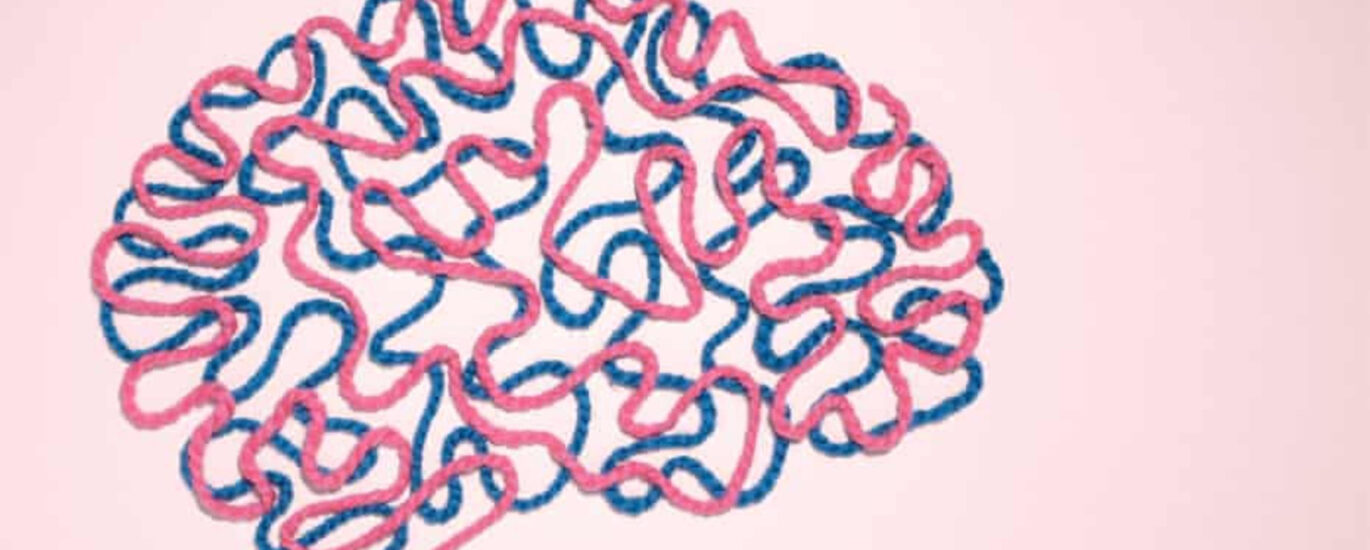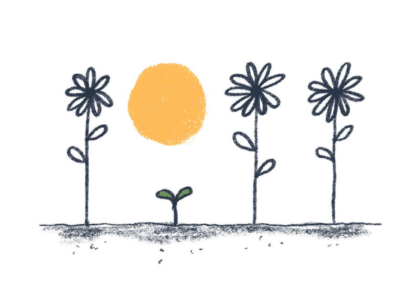Inferior: How Science Got Women Wrong
The Book
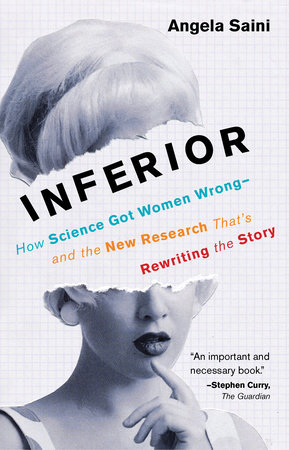
Inferior: How Science Got Women Wrong and the New Research That’s Rewriting the Story was published in 2017. Acclaimed science writer Angela Saini weaves together a fascinating, and much needed, new science of women. As she takes readers on a journey to uncover science’s failure to understand women, she finds that we’re still living with the legacy of an establishment that’s just beginning to recover from centuries of entrenched exclusion and prejudice. Sexist assumptions are stubbornly persistent: even in recent years, false claims are used to confirm long-discredited gender stereotypes.
The Author
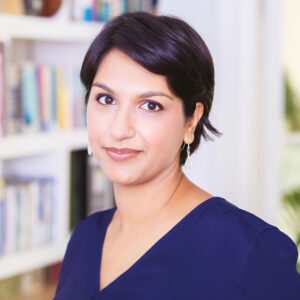
Angela Saini was born in London in 1980. She is a British science journalist, broadcaster, and author. Her most recent book, Superior: The Return of Race Science, was published in 2019. She holds two master’s degrees – in Engineering from the University of Oxford, and in Science and Security from the Department of War Studies at King’s College London. Her work has appeared in Science, Wired, The Guardian, The New Humanist, and New Scientist. She is also a presenter on BBC radio.
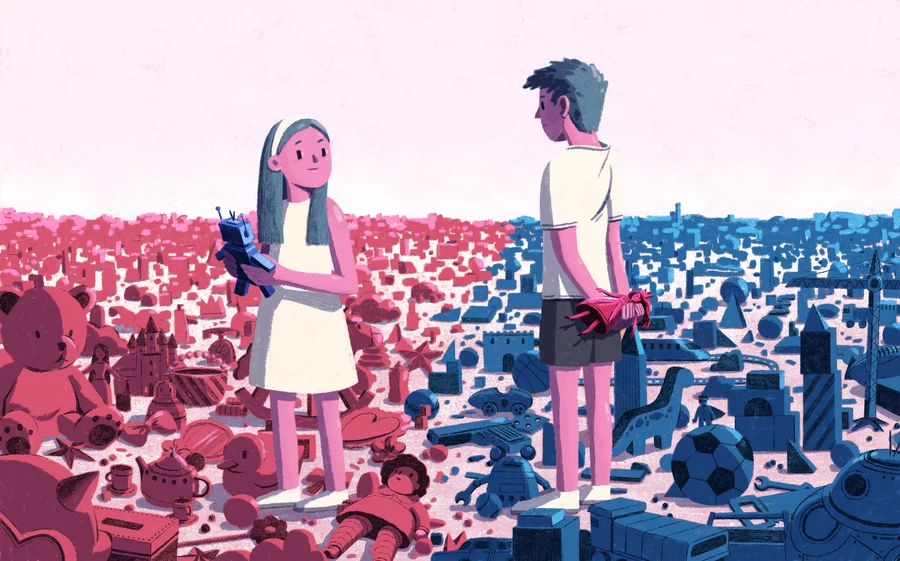
“[Quoting Paul Matthews] ‘We’re good at what the brain allows us to be good at and, as we become good at something, our brain changes to enable that.’ Playing action video games or with construction sets, for instance, improves spatial skills. So if a young boy happens to be given a building set rather than a doll to play with, the stereotype of males having better spatial skills is physically borne out. Society actually ends up producing a biological change.”
– Inferior, Angela Saini
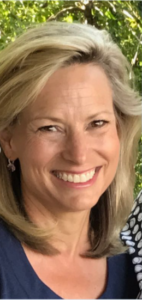
Our Guest: Dr. Chantal Dolan
Dr. Chantal Dolan received her BA in Human Biology from Stanford University, her MPH in Epidemiology and Biostatistics from UC Berkeley, and her PhD in Epidemiology from the Stanford University School of Medicine. She brings over a decade of experience working in the biotechnology industry both in-house and as a consultant. She has worked in all phases of clinical trials to design and implement scientifically sound epidemiology and outcomes research studies to support the biologic license applications of biotechnology products. She has experience working in many clinical areas including oncology, endocrinology, immunology, pulmonary diseases, and ophthalmology. Dr. Dolan is committed to protecting and enhancing public health by providing the highest level of scientific epidemiology and health outcomes research to her clients. Dr. Dolan lives in Sandy, Utah, with her husband, two kids, and a dog and cat.
Amy’s Takeaways

I will never see pigeons the same way again! Seriously. Learning about “mate guarding” was a discouraging data point in the argument about biological sex differences between males and females. It does appear that many males in many, many species do treat females terribly, and scientists are still figuring out why. And yet…. The other takeaway from the book was the opposite point: that most of the sex differences that we habitually attribute to nature are actually nurture after all. Girls can do Math if they are told that girls are good at Math. Girls can play chess if they see other girls playing chess. No thanks to Darwin and other scientists throughout recorded time, girls and women do continue to get better and better at things they were always told they couldn’t do.

“In 2015 [British chess grandmaster Nigel Short] wrote a provocative article in a chess magazine trying to explain why there are so few female players. ‘Men and women’s brains are hardwired very differently, so why should they function in the same way?’ he asked. He goes on to explain that his wife has higher emotional intelligence, and she needs help maneuvering their car out of the garage. Dr. Gina Rippon summarized his comments in the following way: ‘He thinks that there aren’t very many women chess players because they can’t play chess. It’s actually that they don’t play chess,’ she argued. Female chess players have said that the aggressive, macho, and sexist atmosphere of professional chess can drive them away.”
– Inferior, Angela Saini
Listen to the Episode
&
Share your Comments with us below!

